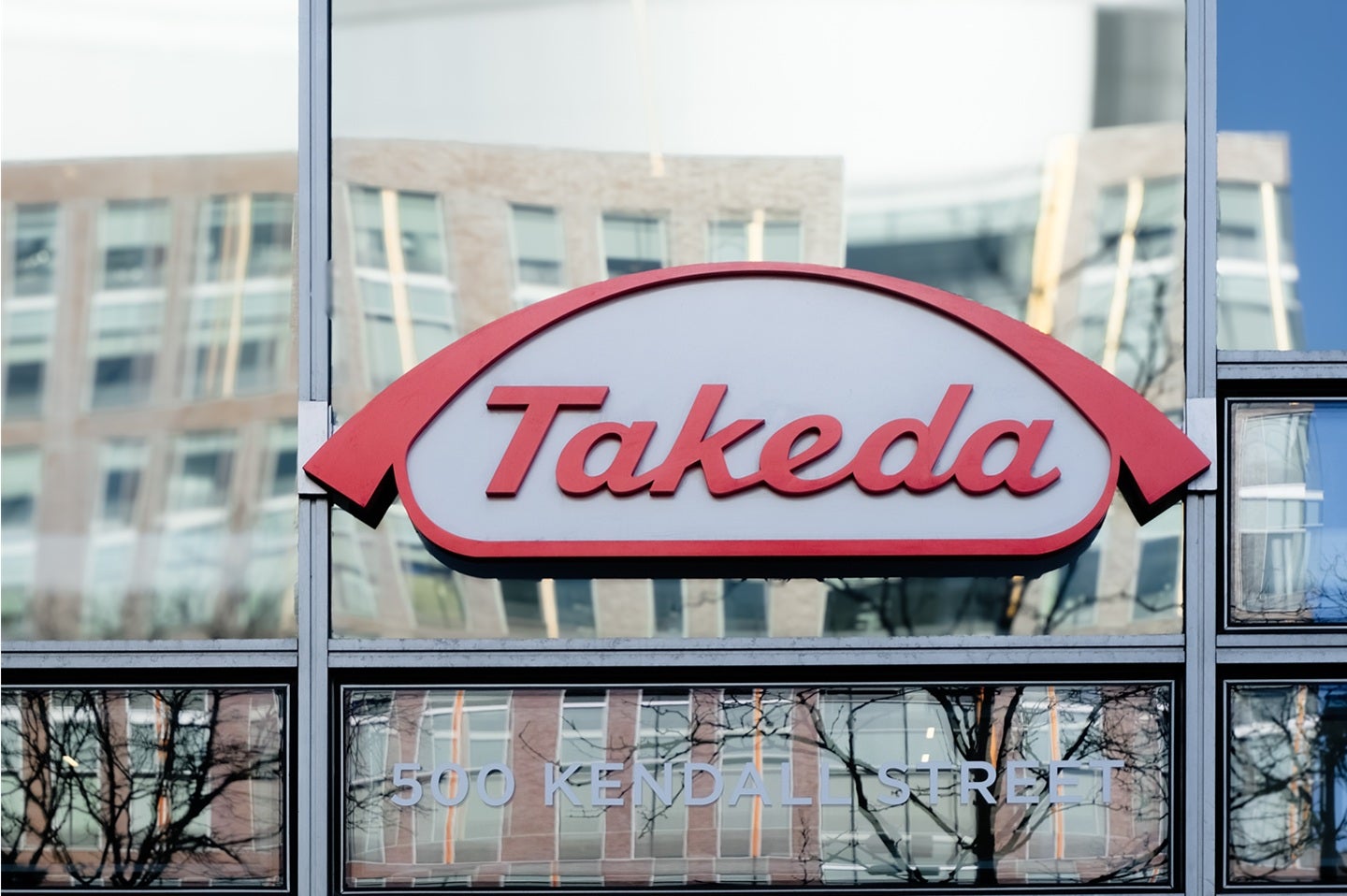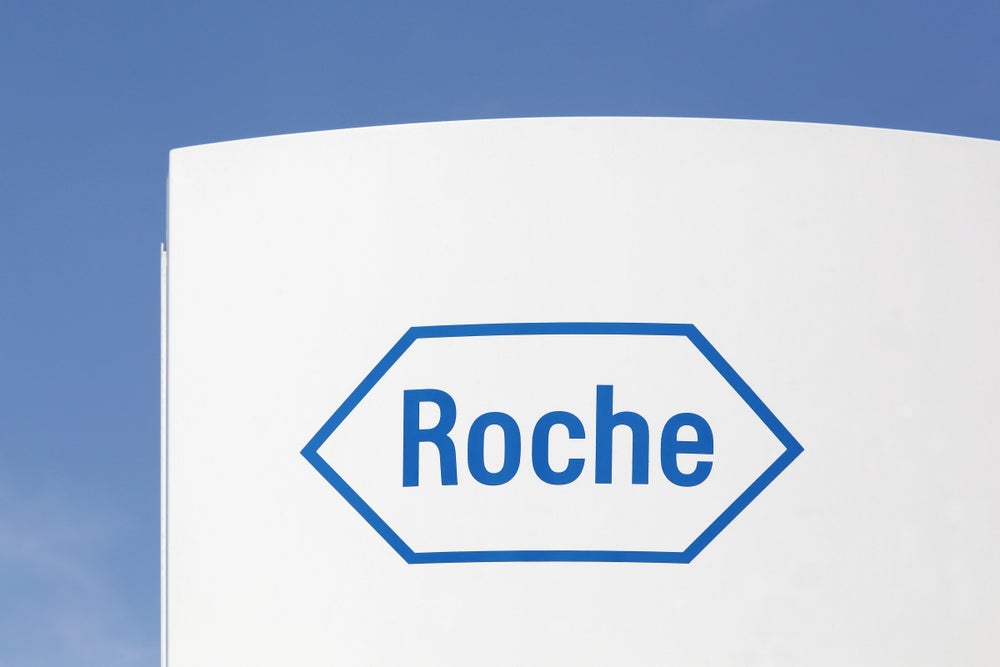Merck Signs $493M Agreement to Use Cyprumed’s Oral Peptide Platform
Merck & Co. is taking a significant step toward transforming its peptide therapies into convenient oral tablets through a licensing agreement worth up to $493 million with Cyprumed, an Austria-based biotechnology company specializing in drug delivery technologies. The partnership gives Merck nonexclusive global access to Cyprumed’s oral peptide delivery platform for an undisclosed number of […]

Merck & Co. is taking a significant step toward transforming its peptide therapies into convenient oral tablets through a licensing agreement worth up to $493 million with Cyprumed, an Austria-based biotechnology company specializing in drug delivery technologies. The partnership gives Merck nonexclusive global access to Cyprumed’s oral peptide delivery platform for an undisclosed number of drug targets. Additionally, Merck has the option to secure exclusive rights for specific targets in the future.
As part of the deal, Cyprumed stands to receive up to $493 million in a combination of upfront payments and milestone-based compensation. These milestones are tied to the development, regulatory progress, and commercial performance of any potential therapies developed through the alliance. Cyprumed would also be eligible for further payments should Merck choose to exercise its exclusive licensing option on certain targets.
Under the agreement, Merck will take full responsibility for the research, development, manufacturing, and eventual commercialization of any products that make use of Cyprumed’s delivery platform. The partnership underscores Merck’s growing investment in advancing its peptide-based drug pipeline, particularly in macrocyclic peptides—a class of molecules with high target specificity and therapeutic potential.
Cyprumed’s proprietary technology is designed to enhance oral bioavailability of peptides, which are traditionally administered through injections. The tablets developed using their platform rely on drug excipients that are already approved, making the manufacturing process more scalable and regulatory-friendly. According to Cyprumed, the company’s oral delivery approach enables the creation of patient-friendly formulations that are not only easier to administer but also cost-effective to produce. Cyprumed is also collaborating with major pharmaceutical companies like Bayer, Boehringer Ingelheim, and Ferring to advance peptide therapeutics into oral formats.
Florian Föger, Ph.D., CEO of Cyprumed, described the Merck deal as a “significant step” for the company, emphasizing that the inclusion of options for additional targets serves as validation of their platform’s value. On Merck’s side, Allen Templeton, Ph.D., vice president of pharmaceutical sciences at Merck Research Laboratories, expressed optimism about the partnership’s role in pushing forward the company’s macrocyclic peptide initiatives.
While Merck hasn’t disclosed which specific peptides might be converted to oral tablets through this collaboration, the company has made recent strategic moves in the peptide space. In early 2024, Merck signed a $220 million biobucks deal with Unnatural Products to develop macrocyclic peptides for oncology. Merck sees macrocyclic peptides as a promising drug modality that combines the advantages of small molecules—such as oral dosing—with the precision of biologic drugs.
One of Merck’s key programs in this area is MK-0616, an oral PCSK9 inhibitor currently in phase 3 trials for hypercholesterolemia, being developed in partnership with UCB. Another is efinopegdutide, a GLP-1/glucagon receptor agonist in phase 2 trials for metabolic dysfunction-associated steatohepatitis. Efinopegdutide, currently studied as an injectable, aligns closely with Cyprumed’s focus on developing oral versions of GLP-1 analogues and other mini-proteins.
What's Your Reaction?


































